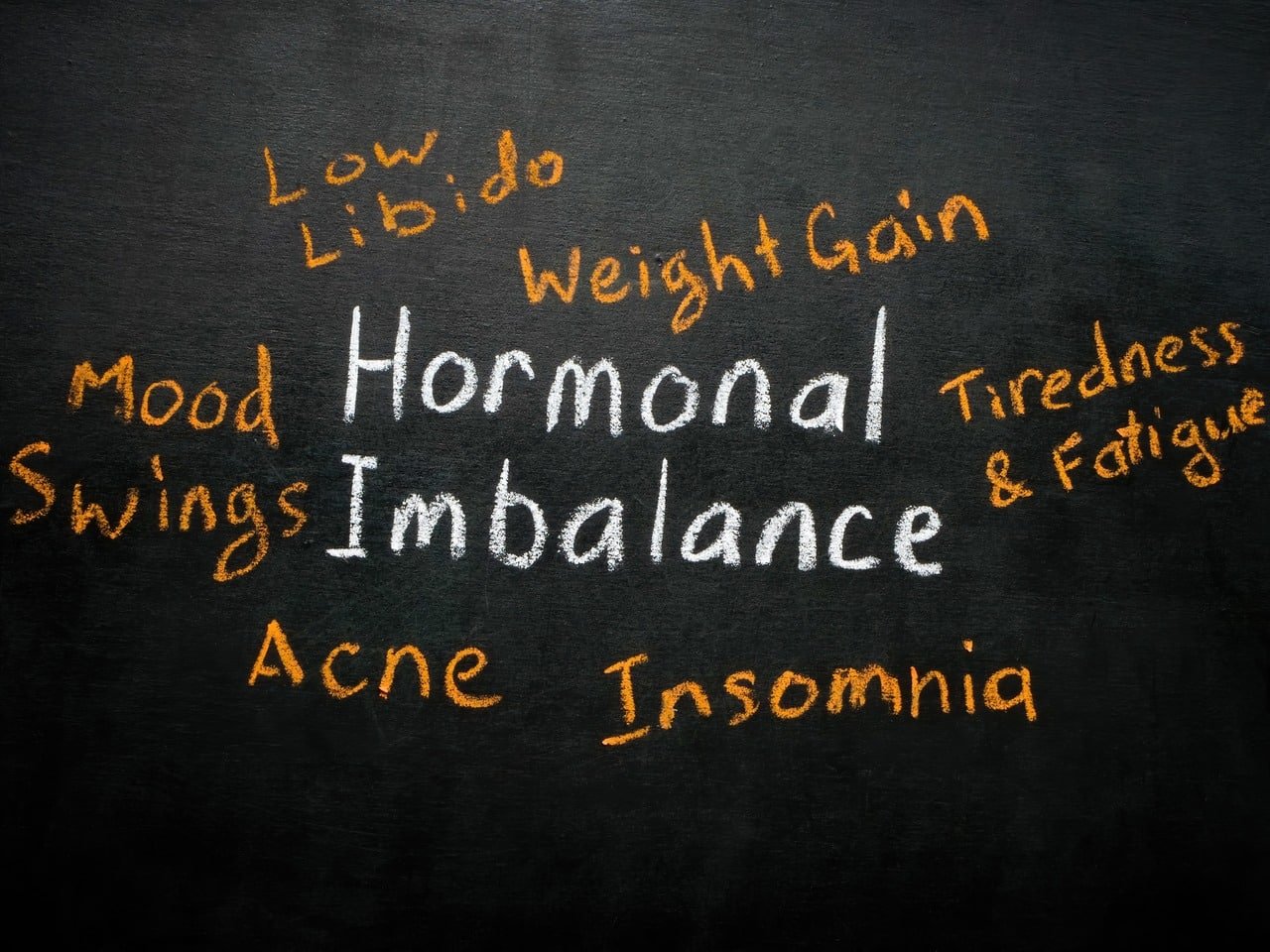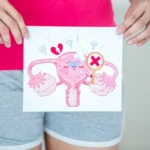Most of the activities in our bodies, especially in females, are regulated by some hormones. Their imbalance results in a variety of gynaecological disorders. These disorders cause not only problems with menstrual irregularity in a woman’s cycle but also some uncomfortable symptoms like hair loss. As such irregularities are serious problems to be dealt with for the well-being of all women, the impact of hormonal imbalance on a woman’s health should be a subject studied by gynaecologist in Rohini, Delhi. This article discusses the mechanisms by which hormone imbalances trigger common gynaecological diseases and what symptoms the person may feel.
Gynaecological problems due to hormonal imbalance
These are some of the most common gynaecological problems caused by hormonal imbalance:
Irregular periods
Irregular periods simply mean that your periods are not regular. Sometimes, instead of coming every 28 days or so, the time may vary to a great extent. The periods may come too early, very late, or even skip a month; moreover, the amount of flow is also irregular, relatively light one month and very heavy the next. This is caused by hormonal imbalance, stress, changes in weight, and medical conditions like PCOS, amongst others.
Polycystic Ovary Syndrome—PCOS.
Polycystic Ovary Syndrome is shortly referred to as PCOS, which is among the most common hormonal disorders in childbearing women. It causes malfunctioning of the ovaries due to the formation of many small cysts; all caused because of an imbalance of hormones. It can eventually lead to very infrequent or no periods at all, acne, weight gain, and excessive growth of facial and body hair. Eventually, PCOS can further impair fertility and increase the risks of quite a fair number of other health complications, which include diabetes and heart diseases.
Endometriosis
Endometriosis happens when some tissue, like the lining of the uterus, grows in other places outside the uterus—for example, on the ovaries, fallopian tubes, or on any pelvic organ. As one goes through the menstrual cycle every month, that tissue acts like the uterine lining and thickens and then breaks down. That could bring problems in the line of pain or infertility. It can lead to endometriosis, which is something that varies from woman to woman.
Premenstrual Symptoms (PMS).
PMS or Premenstrual Syndrome is a different symptom as some women go through normal symptoms, just days before their period each month. Symptoms can include mood swings that can leave one depressed or irritable, which is more common, besides other physical symptoms like bloated and swollen bellies, headaches, and fatigue. These sets of symptoms generally subside as menstruation takes place. The PMS results from the hormonal imbalance that occurs, for example, oestrogen and progesterone, in the menstrual cycle.
Menopause and Perimenopause treatment in Rohini Delhi
Menopause is a state in a woman’s life when the menstrual cycles become non-menstrual or infertile. Menopause refers literally to the premenopausal period of hormone variation and irregular flow of menopausal-like symptoms, which include flashes, mood disturbances, and problems with sexuality. It is just ageing and usually starts in your late 40s or early 50s.
Thyroid
The thyroid gland maintains the balance of your body’s use of energy. It might get upset in diseases like hypothyroidism, excess insufficiency of hormones, or hyperthyroidism, excess activity of hormone secretion. Hypothyroidism will make one tired, gain weight, and cause dry skin. The former may cause one to lose weight due to nervousness and a racing heartbeat. Both affect a person’s mood, sleep quality and overall health.
Fibroids
They are usually non-cancerous but have symptoms such as heavy sleep, pelvic pain, and constipation or intestinal pressure. Fibroids range in size and number, and the cause is unknown, although they are sensitive to certain hormones, such as oestrogen.
How would you know you are suffering from hormonal imbalance?
These are symptoms of hormonal imbalance explained by gynae specialist in Delhi.
- Mood swings: Mood swings simply mean unexpected changes in feelings of happiness, fear, or sadness. Often, it comes suddenly and can affect normal living or relationships.
- Weight Gain or Loss: Most of the time, unexplained changes in weight, be it gain or loss, might be indicative of quite serious problems one might be having, whether with hormonal balance or any metabolic change.
- Fatigue: Continual tiredness, even after adequate rest, may indicate hormone imbalances. It may cause trouble with concentration, impatience, or diminished productivity in daily activities.
- Hair changes: Too much growth of body hair or visible loss of hair might be related to the swings in hormones. This affects the thickness of the hair and thus changes its texture; it may also be due to hormonal imbalance, diseases of the thyroid, and heredity.
- Acne: Hormonal imbalances, which raise or lower the production of skin oil, induce extreme acne or acne that lingers well into one’s adult years. This hormonal fluctuation can very strongly prevail in puberty, pregnancy, and the menstrual cycle, causing outbreaks of acne, particularly in general cases that are hard to treat.
- Sleeping Disorders: Sleeping disorders seem to impact negatively on the whole functioning of a person’s body, paving the way for drowsiness, mood swings, and, in some cases, mental fogginess unless treated.
How can hormonal imbalance be managed?
- Healthy Diet: Extensive consumption of a well-balanced diet with fruits, vegetables, whole grains, and lean proteins will help in maintaining control over the putting level of the hormone. One should avoid processed foods and excess sugary foods that help maintain constant levels of hormones.
- Exercise: Do regular exercise or walking, jogging, and yoga yourself. Exercise will stimulate the hormones and keep a person fit and healthy. Exercise relieves stress, and thus, it can regulate hormones.
- Stress: Yoga, meditation, and deep breathing reduce stress hormones like cortisol and turn balance the hormones in the body. It supports mental health.
- Gynaecology Treatment: This will involve consulting a gynaecologist who shall prescribe hormone therapy or other forms of medicines and changes in lifestyle to take control of hormonal abnormalities. With this treatment, one will effectively achieve professional guidance toward the most desirable state of health concerning specific hormonal imbalances.
Hormonal balance is the key to general health. Healthy eating, activity, stress management at controlled levels, and medical advice when and where necessary all contribute to healthy hormones. Making such healthy choices will better the way you feel and the quality of your life. Your body will tell you a lot; hence, seek a gynaecologist when you have any problem hormone-related.




